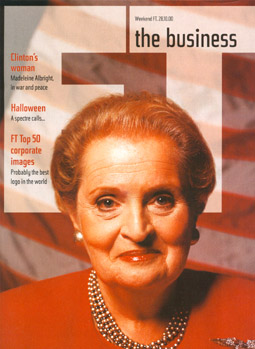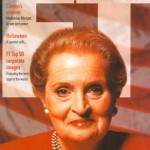Who thought spying on U.S. was dead?
 Many people, including famous ex-KGB spies, were shocked this week that Russia is still spying on the United States. Really? Did we forget that even Washington’s allies have been known to engage in such activities?
Many people, including famous ex-KGB spies, were shocked this week that Russia is still spying on the United States. Really? Did we forget that even Washington’s allies have been known to engage in such activities?
As I said in three radio and TV interviews, the real surprise in the latest case is that those people were willing to risk so much to gain so little. It appears that they sent no classified information or any other intelligence secrets to Moscow in the decade they operated. In fact, most of the information they were tasked with collecting can be obtained in perfectly legal ways.








